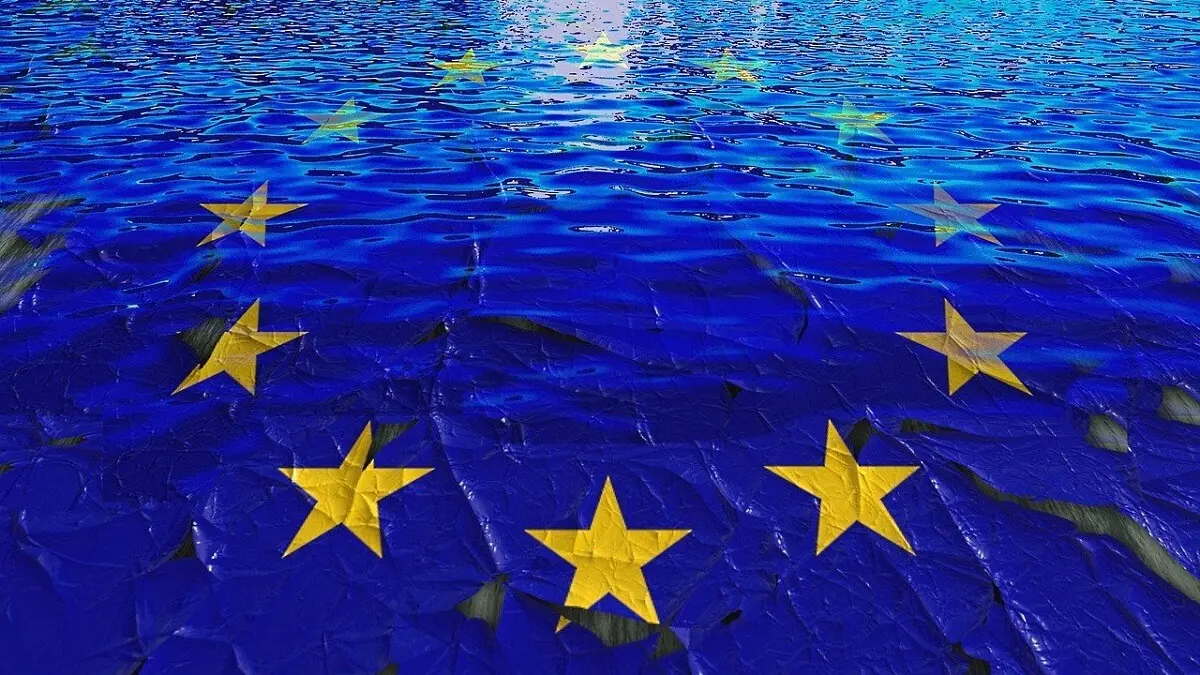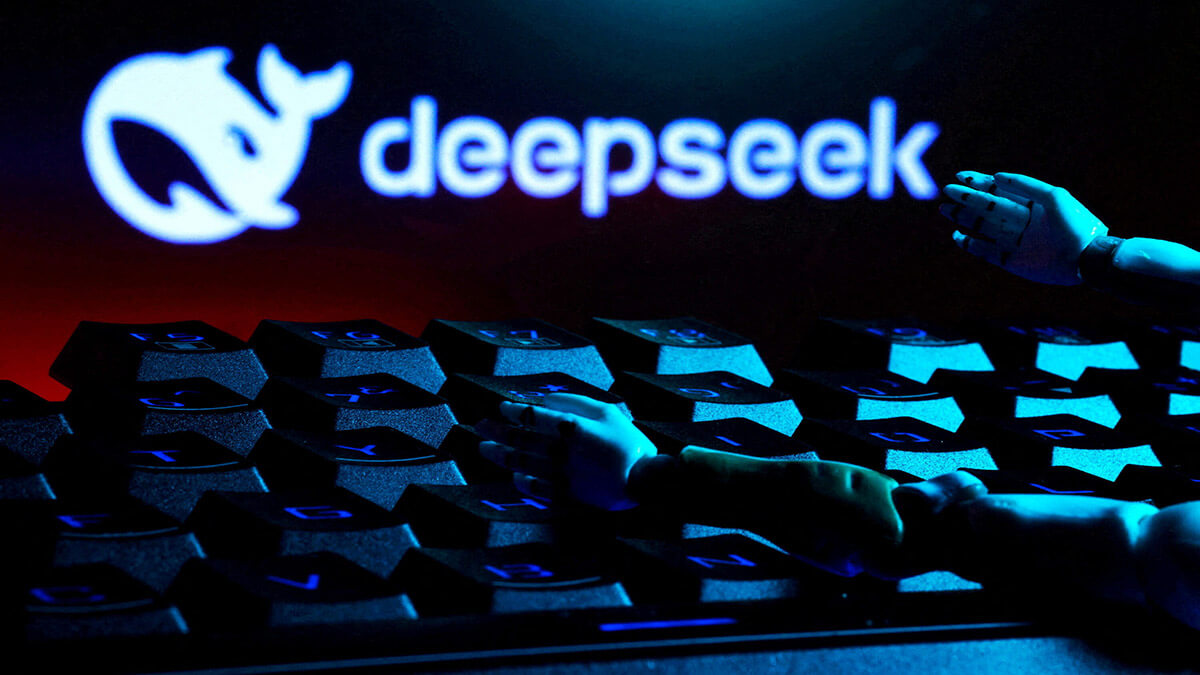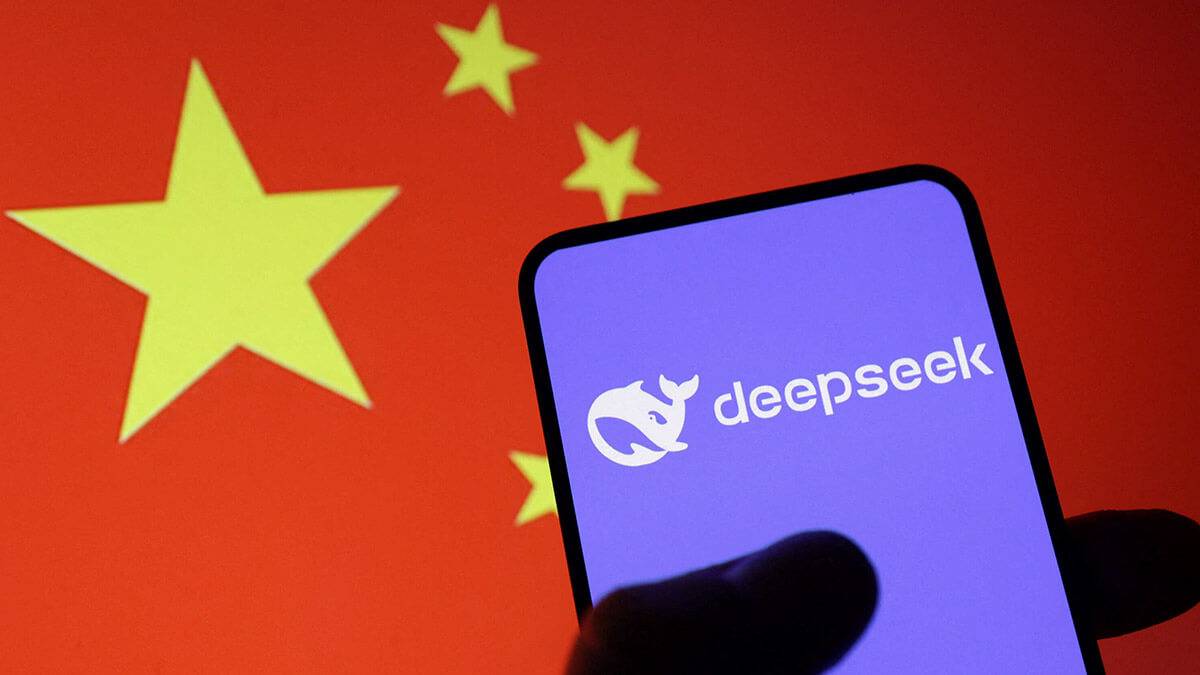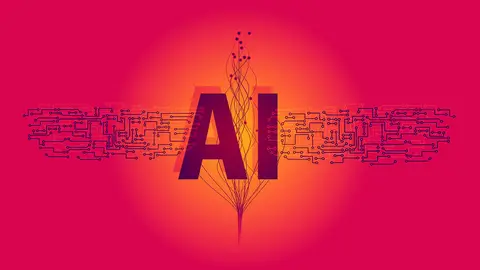The European Union unveils OpenEuroLLM, its Artificial Intelligence project

The European Union had been left out of the battle for Artificial Intelligence, led by the United States, with OpenAI, and China, with DeepSeek, as it had not yet developed any projects in this area.
The emergence of Chinese AI in Europe has generated controversy: for example, its use has been blocked in countries such as Italy due to the lack of information on the processing of users' personal data. China responded to this measure by stating that the chatbot managers did not operate in Italy and, for that reason, European regulations could not be applied to them.
In this area, the new OpenEuroLLM project is a European response to large language models and aims to develop the first family of multilingual open source archetypes for the European Union. In addition, it seeks to support technologies that are in a critical state, in relation to international competitors, such as Artificial Intelligence.

The digital sector between Spain and the United States
Within the European Union, specifically in the digital sector, Spain remains highly dependent on the United States due to imports of products such as scientific instruments, computer equipment, electronic equipment and communications, according to a recent report by LLYC (formerly Llorente & Cuenca). According to this report, Spain invested 3.1 billion euros in 2022 projects in the United States.
Despite the fact that bilateral relations between these countries are strategic in the digital sphere, Trump's second term in office could increase trade barriers and regulatory obstacles, making collaboration in emerging technologies, such as Artificial Intelligence, more difficult and increasing tensions.
Likewise, according to the same source, US companies could achieve benefits in terms of costs and agility, making it difficult for the United States and the European Union to compete on equal terms. In this way, discrepancies in cybersecurity, AI and privacy regulations would hamper transatlantic relations, creating new obstacles.
In relation to this, the LLYC report recommends that the US and Spain take strategic measures to reduce technological dependence and reinforce digital autonomy. Similarly, the EU-US Trade and Technology Council (TTTC) is an important point, according to the same report, as it will help to coordinate measures and protect the interests of the European community, as well as to reach agreements with the United States.
This would help incentivise the development of key technologies such as semiconductors, cybersecurity and artificial intelligence, which would be essential to position Europe and Spain as leaders in a competitive global digital market, especially given the current landscape between Chinese and American AI companies.

AI projects in the EU
In January 2025, the European Commission launched an AI innovation package to support start-ups and SMEs in this field. This initiative contains several measures to empower European start-ups and SMEs in the development of trustworthy Artificial Intelligence that respects European Union standards.
This package contains a key factor for the current landscape, which is the communication on boosting start-ups and innovation in trustworthy Artificial Intelligence. This means that, in terms of investment in AI, a reliable strategic framework is being established for the European community to make the most of its assets, especially its world-leading supercomputing infrastructure, and to create an innovative Artificial Intelligence ecosystem.
Gen AI4EU is the most prominent initiative, as it is designed to boost the adoption of generative AI in all key strategic industrial ecosystems in the EU and will promote the development of major innovation means that foster relationships between AI start-ups and the implementers of this intelligence in industry and the public sector.

The new project, mentioned above and presented a few days ago, is called OpenEuroLLM, which will function as a European response and alternative to the LLM (large language models) that are already positioned on the international scene such as OpenAI, Gemini and, most recently, DeepSeek.
This plan is backed by a partnership of 20 European organisations, including Prompsit Language Engineering and the Barcelona Supercomputing Center, both Spanish companies, which could be a first step towards reducing technological dependence on the United States. It also has the support of the EU and a total budget of 37.4 million euros.
Furthermore, on 3 February, the European Commission awarded the project the Strategic Technologies Platform for Europe (STEP) Seal. The aim of this is to support critical technologies, such as Artificial Intelligence, and improve the industrial competitiveness of the region.
With these projects, the European Union is beginning to make its presence felt on the international Artificial Intelligence scene, with the aim of promoting excellence in AI, which will strengthen Europe's role in competing on a global scale.










